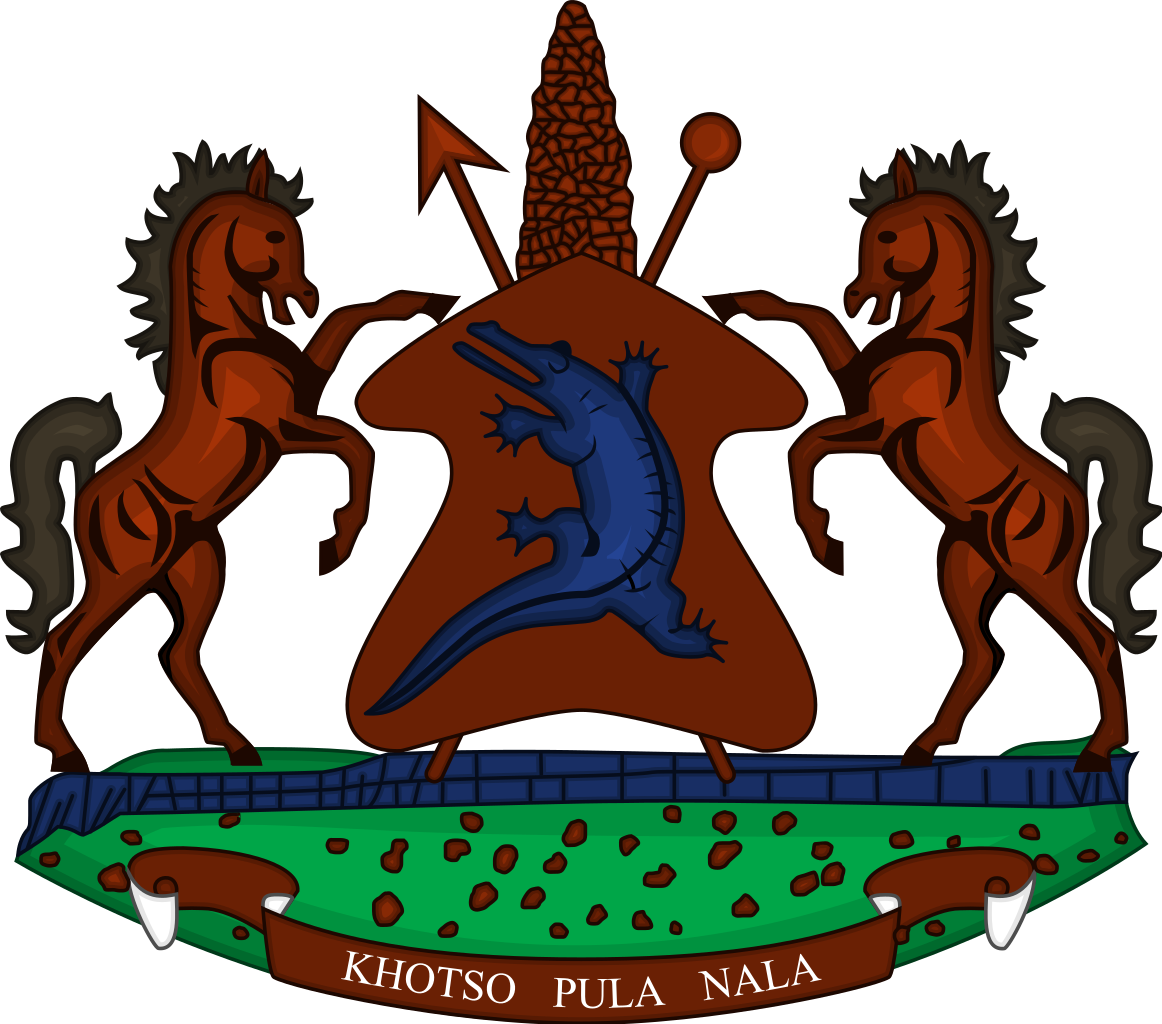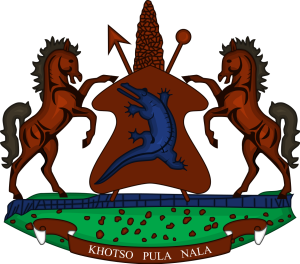NATIONAL STRATEGIC DEVELOPMENT PLAN II STRATEGIC FOCUS 2023/24 -2027/28
Past and current Development Plans have been formulated to define a desired destination and identify the roles that different sectors of society need to play in order to realise a set goal. This requires critical levels of commitment and leadership to strengthen the planning systems within and across all the spheres of government, and collaboration of the private sector, civil society and development partners.
Lesotho’s planning and fiscal operations have been guided by the national planning frameworks to promote sustainable development. However, the country remains vulnerable, with low investment in key areas, low productive capacity, and high-income inequality. The economy is still highly dependent on government for economic activities and fiscal revenues. Lesotho’s capacity to attract foreign investment is limited and the country remains very dependent on imports. Poverty and unemployment remain high, especially in the rural areas, affecting mostly women and youth.
The Government of Lesotho has taken the decision to extend the NSDP II for the next coming five years to ensure the effective implementation of policies and actions set out therein. The extension will also provide an opportunity for the Government to prioritise NSDP Goals in line with coalition government’s objectives and priorities as outlined in the coalition agreement.
Strategic Direction
Lesotho’s planning and fiscal operations have been guided by the national planning frameworks to promote sustainable development. However, the country remains vulnerable, with low investment in key areas, low productive capacity, and high-income inequality. The economy is still highly dependent on government for economic activities and fiscal revenues. Lesotho’s capacity to attract foreign investment is limited and the country remains very dependent on imports. Poverty and unemployment remain high, especially in the rural areas, affecting mostly women and youth.
In order to move forward and achieve sustainable growth and development critical levels of commitment and leadership are required to strengthen the planning systems within and across all the spheres of government, and collaboration of the private sector, civil society and development partners is imperative.
1. Growth Progression
The goal of this KPA is to achieve inclusive, sustainable and equitable growth and create private sector lead employment for Basotho. The aim is to transform the country from a consumer-based economy to a producer and export-driven economy. This is hoped to be achieved through structural transformation of the following productive sectors. Agriculture, Manufacturing, Mining and Tourism. The NSDP II KPA is aligned with Food Security and Agriculture Revolution, Industrialisation Revolution, Development Finance Revolution and Extractive Industry Revolution with the following objectives:
- Food Security Agriculture Revolution
- Industrialisation Revolution
- Extractive industry Revolution
- Development Finance Revolution
2. Social Transformation
The aim of this key priority area is to build capable and healthy human resources Quality human capital is crucial to optimizing productivity and associated socioeconomic benefits to the people. The healthcare and social security revolutions will be implemented through the social transformation. Lesotho`s population is undergoing a demographic transition where the age structure is changing from dominantly children to one dominated by working age population. Thus, provide an opportunity for demographic dividend. Lesotho should choose to accelerate demographic transition through investment in youth, education, and health. The NSDP II is aligned to the following revolutions and their objectives:
- Healthcare Revolution
- Social Security Revolution
3. Infrastructure Development
The aim of this key priority area is to build new and expand (maintain) the existing infrastructure that will help the productive sectors to achieve their goal. Strong infrastructure enables economic growth and is the bedrock for better living conditions. Energy, water, transport, Information Communication and Technology (ICT) and build environment are the vital forces that supports economic transformation. Sustainable investment in infrastructure needs to be prioritized and sequenced to support economic development. This KPA is in line with the industrialisation revolution, ICT revolution and energy security revolution.
- Energy Security Revolution
- ICT Revolution
- Industrialisation Revolution
4. Good Governance and Accountability
Aligned to Good Governance revolution and implementation revolution, the goal of this KPA is to promote good governance through effective institutions. Good governance and responsive institutions and engaged citizens are the fundamental principles of democracy and sustainable development. Lesotho`s economic, social, political, and environmental future rests on its ability to put people at the centre of decision making. Lesotho wants to continue to safe, peaceful and upholding the rule of law, secure, transparent and accountable and to improve the service delivery while also being at peace with other countries. This KPA is in line with the following revolutions and objectives
- Good Governance Revolution
5. Cross Cutting Themes
This section highlights the critical issues to be addressed in the Plan period for a number of crosscutting themes The Government will promote gender equality, protect the interests of children and youth, people with disabilities, the elderly and other disadvantaged groups. These critical topics will be implemented by integrating them into relevant chapters and action programmes.
- Environment and Climate Change,
6. Implementation, Monitoring and Evaluation
The successful implementation NSDP II outcomes is dependent on robust monitoring and evaluation systems. To achieve the NSDP key reforms are needed to improve allocative efficiency and absorptive capacity as well as policy implementation efficiency. This resonates well with the Implementation Revolution.
The Government of Lesotho is committed to effective service delivery to its people. To accomplish this, the government had already adopted the prudent and accountable methodology that is result driven and performance-oriented for the benefit of all Basotho – The Big Fast Results Methodology (BFR). It is the methodology that has sufficient intermediate indicators which deliver quick feedback on results that can continually be improved through decision making and learning. Frequent monitoring and evaluation need to be undertaken while frequent reporting should also be done to track the progress through usage of dashboards.
- Implementation Revolution

